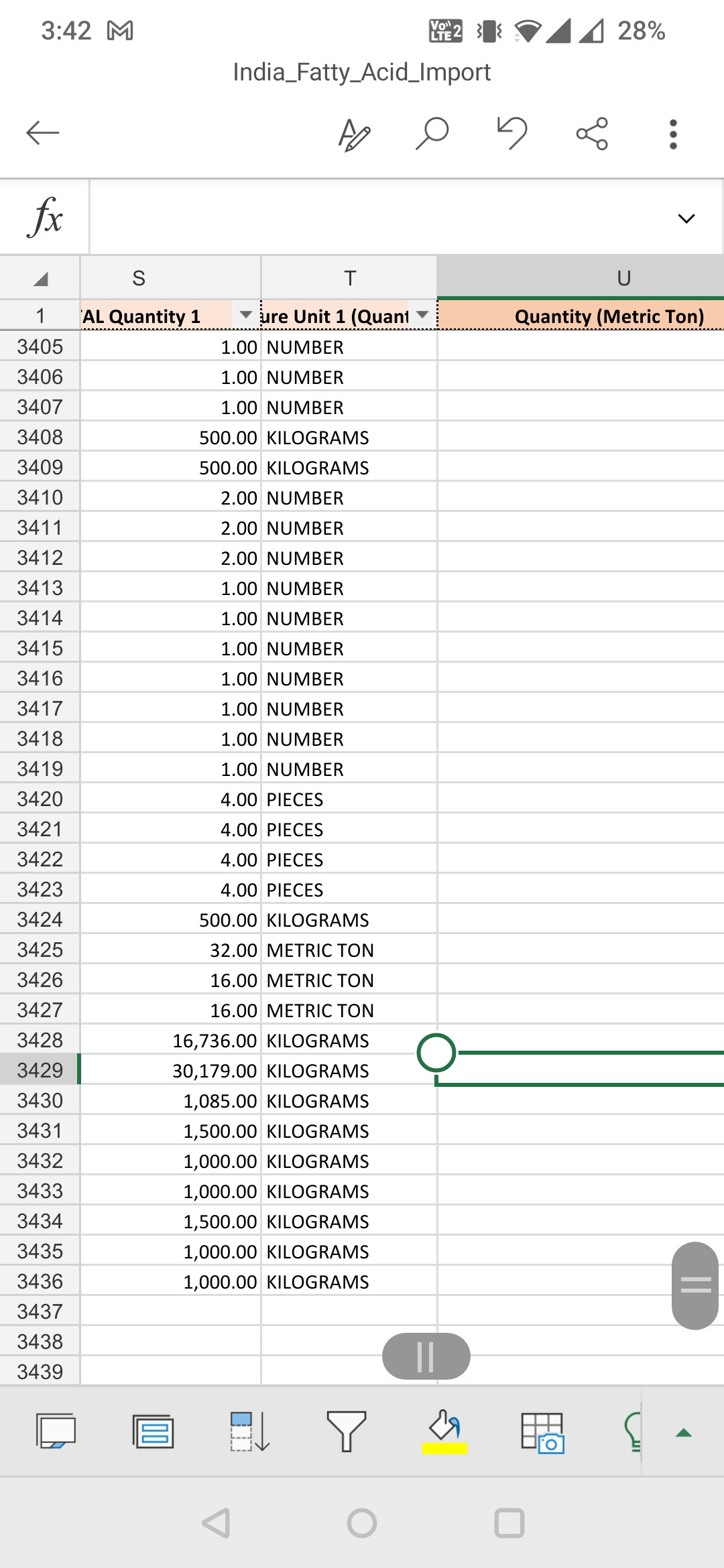Converting kilograms to tons is a common task in various fields such as science, engineering, and everyday life. Whether you’re dealing with heavy machinery in a construction project or calculating shipping weights, understanding how to convert kilograms to tons can save you time and ensure accuracy. In this article, we will explore the conversion process, the significance of weight measurements, and practical applications of these conversions.
Weight measurement is essential in many industries, and knowing how to convert between different units is crucial for efficiency. This article will serve as a valuable resource for anyone needing to understand how to convert kg to tons effectively. We will discuss the formulas, provide examples, and highlight key considerations in weight conversion.
By the end of this comprehensive guide, you will have a solid understanding of how to perform the kg to tons conversion, as well as the relevance of these measurements in various contexts. Let's dive into the details!
Table of Contents
- 1. What is a Kilogram?
- 2. What is a Ton?
- 3. Conversion Formula from kg to Tons
- 4. Practical Examples of kg to Tons Conversion
- 5. Common Applications of kg and Tons
- 6. FAQs About kg to Tons
- 7. Conclusion
- 8. Additional Resources
1. What is a Kilogram?
A kilogram (kg) is the base unit of mass in the International System of Units (SI). It is defined as being equal to the mass of the International Prototype of the Kilogram, a cylinder made of platinum-iridium alloy kept in France. The kilogram is widely used across the globe, especially in scientific and commercial contexts.
1.1 History of the Kilogram
The kilogram was originally defined in 1795 as the mass of one liter of water. Over the years, the definition evolved, and in 2019, it was redefined based on the Planck constant to ensure greater accuracy and stability in measurements.
1.2 Importance of the Kilogram
- Standard measurement in scientific research.
- Used in commerce for pricing goods.
- Essential for health and fitness metrics (e.g., body weight).
2. What is a Ton?
A ton is a unit of mass that is commonly used to measure heavy objects. There are several types of tons, but the most widely used are the metric ton (tonne) and the US ton (short ton).
2.1 The Metric Ton
The metric ton, also known as the tonne, is equivalent to 1,000 kilograms. This unit is commonly used in most countries that have adopted the metric system.
2.2 The US Ton
The US ton, or short ton, is equivalent to 2,000 pounds or approximately 907.185 kilograms. This unit is primarily used in the United States.
3. Conversion Formula from kg to Tons
To convert kilograms to tons, you can use the following formulas:
- For metric tons: tons = kg / 1000
- For US tons: tons = kg / 907.185
These formulas allow you to convert kilograms into the corresponding ton value, whether you are using the metric or US system.
4. Practical Examples of kg to Tons Conversion
Let’s look at some practical examples to demonstrate how to convert kilograms to tons:
- If you have 2,500 kg and want to convert it to metric tons:
2,500 kg / 1000 = 2.5 tons - If you have 1,800 kg and want to convert it to US tons:
1,800 kg / 907.185 ≈ 1.98 tons
4.1 Conversion Table
Here’s a quick reference table for common kg to ton conversions:
| Kilograms (kg) | Metric Tons (tonnes) | US Tons (short tons) |
|---|---|---|
| 1,000 | 1 | 1.102 |
| 2,000 | 2 | 2.204 |
| 5,000 | 5 | 5.511 |
5. Common Applications of kg and Tons
Understanding kg to tons conversion is vital in various sectors, including:
- Transportation: Shipping companies need to convert cargo weights for logistics.
- Construction: Engineers calculate material weights for safety and compliance.
- Manufacturing: Factories measure raw materials in tons for production efficiency.
6. FAQs About kg to Tons
Here are some frequently asked questions regarding kg to tons conversion:
6.1 How many kg are in a ton?
There are 1,000 kilograms in a metric ton and approximately 907.185 kilograms in a US ton.
6.2 Can I convert tons to kg easily?
Yes, you can convert tons to kg using the reverse formulas: kg = tons × 1000 for metric tons and kg = tons × 907.185 for US tons.
7. Conclusion
In summary, converting kg to tons is a straightforward process that can be accomplished using simple formulas. Understanding these conversions is critical in various industries, and knowing how to perform these calculations can enhance your efficiency and accuracy. We encourage you to practice these conversions and utilize the information provided in this guide.
Feel free to leave your comments or questions below, and share this article with anyone who might find it useful!
8. Additional Resources
For more information, consider checking the following resources:
Thank you for reading! We hope you found this guide helpful and look forward to seeing you again on our site!




